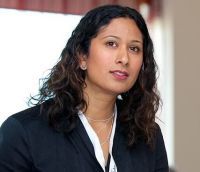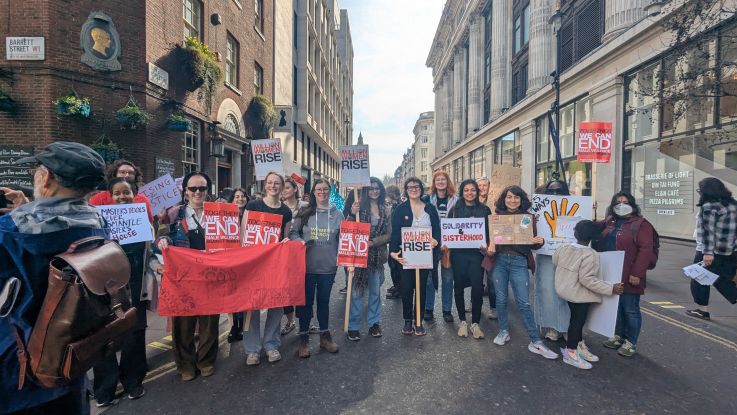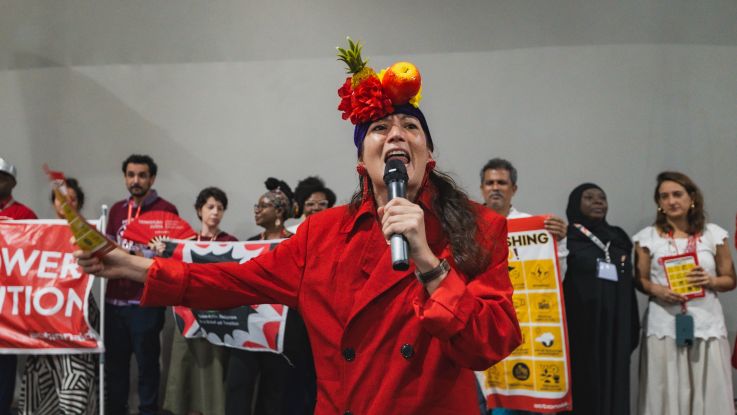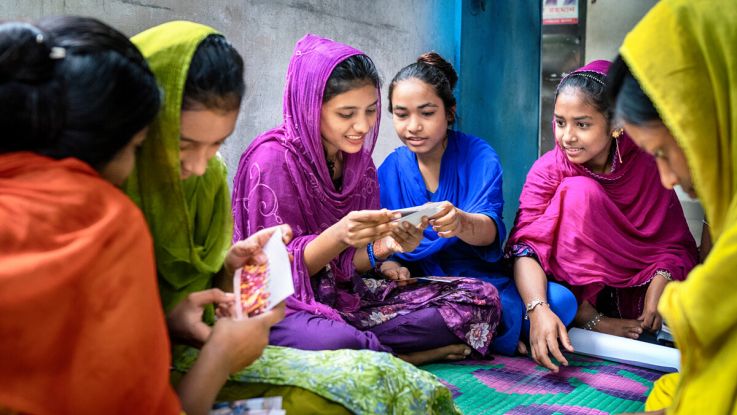How can the FCDO ensure UK leadership on gender equality?
2 September 2020
We identify four critical pillars that, if adopted by the FCDO, will ensure the UK delivers on its commitment to support women and girls.
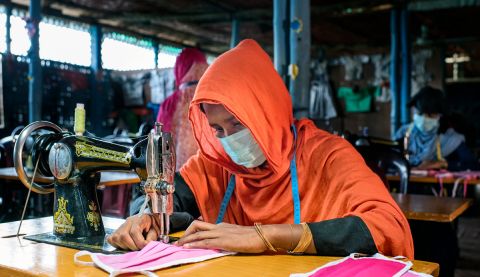
Coronavirus appeal in Bangladesh. Photo: ActionAid
The Foreign, Commonwealth and Development Office (FCDO) emerges at a watershed moment for women and girls’ rights.
Covid-19 (and the violence it has unleashed against women and girls), the climate emergency and humanitarian crises have exposed the entrenched legacies of gender inequality, leading to disproportionate impacts on women and girls.
The establishment of the FCDO marks a crossroads for UK foreign policy and its internationalist ambitions.
On the one hand, the combined expertise of DFID and FCO leaves the new FCDO well-equipped to lead on robust policy for a sustainable, evidence-based approach to international development with gender equality at its heart.
Alternatively, the Government could choose to move away from this long-standing commitment – diminish the proportion of UK aid going to directly to women and girls, and narrow its scope on women’s rights – to the detriment of the world’s poorest and most marginalised women and girls.
The UK has improved its development trends significantly but still has a way to go – with most aid still not seeking to address gender equality, relatively small amounts of aid directly targeting gender equality and little aid going to women’s rights organisations (WROs).
We have analysed 10 years of the UK’s aid spend against its commitments on gender equality, and combined this with our technical expertise from working with women and girls on the frontline, to identify four critical pillars that, if adopted by the FCDO, will ensure the UK delivers on its commitment to support women and girls.
Pillar 1: Implement the Strategic Vision on Gender Equality across the FCDO
DFID’s highly regarded 2030 Strategic Vision on Gender Equality (SVGE)1 calls on the UK Government and partners to recognise the overlapping, entrenched barriers and exclusions that women and girls face in realising their rights.
The SVGE should be mainstreamed across the FCDO, including in diplomatic missions and in humanitarian work, to create a step change from piecemeal disbursement and programming on gender equality.
This should be followed by: refreshing other critical strategies including the Economic Development Strategy to reflect women’s rights; incorporating quality indicators; and ring-fenced funding for gender equality.
Pillar 2: Develop meaningful partnerships with local actors
Strong partnerships with local actors, including with women-led organisations and WROs, are integral to ensuring that all UK aid is effective and delivers value for money.
As a Grand Bargain2 signatory, the UK is committed to delivering on the ‘localisation agenda’.
The FCDO should recognise the opportunity of working with local NGOs in both humanitarian and development contexts. In our experience, funding to local actors is more cost-effective and more empowering to people and economies.
Yet, local leadership is consistently undervalued, lacking political and financial support.
The FCDO with its development know-how and diplomatic reach can work to reverse this trend through specific interventions including flexible and ring-fenced funding models and building strong in-country partnerships with local actors.
Pillar 3: Step up efforts to end all forms of violence against women and girls
It is critical that the UK does not renege on its position as a global leader on preventing and addressing violence against women and girls (VAWG).
From dedicated aid to VAWG prevention and response programmes, to the ground-breaking ‘What Works Initiative’, the UK’s contribution should not be understated.
We urge the FCDO to continue to break ground on this through dedicated funding, maintaining levels of technical expertise and re-affirming the UK’s commitment to the Call to Action on Protection from Gender-Based Violence in Emergencies.3
Pillar 4: Scrutinise UK aid spend in partnership with WROs
We are reassured by the Foreign Secretary’s commitment to maintain the Independent Commission for Aid Impact (ICAI).
However, there is more the UK can do to truly understand the impact of UK aid, for example, through working with women’s rights organisations to assess impact, as well as ensuring full parliamentary scrutiny of the UK’s aid budget through the creation of a dedicated select committee.
Never has the need to recognise women’s rights and ending violence against women and girls been more critical.
The UN Secretary General has highlighted how Covid-19 has unmasked “a shadow pandemic” of violence against women and girls.
Across the world, there are reports of 60-775% increase in calls to domestic violence helplines,4 whilst at the same time the pandemic has forced a recognition of the central role played by local organisations as ‘first responders’, with WROs and women-led organisations often best placed to first access and then understand and address the needs of women and girls.
Our recommendation to the new FCDO
As the new FCDO takes its place on the national and international stage, we urge that it adopts and embeds these four pillars into its operations, and use its leverage in international fora to advance gender equality – which we believe sits at the core of what it means to be a truly global Britain.
For more information, see our full 4-page briefing, with detailed recommendations.
Footnotes
- 1https://www.gov.uk/government/publications/dfid-strategic-vision-for-gender-equality-her-potential-our-future
- 2https://interagencystandingcommittee.org/grand-bargain
- 3https://www.calltoactiongbv.com/
- 4https://reliefweb.int/sites/reliefweb.int/files/resources/WLO-Covid19-Joint%20Agency%20Policy%20Brief.pdf
